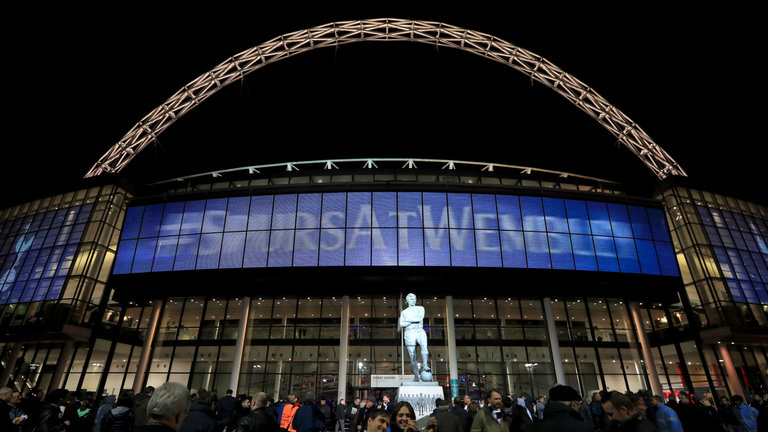By David Owen
April 3 – Tottenham Hotspur, the north London club in the process of building a new stadium adjacent to their now-demolished traditional White Hart Lane ground, have revealed details of a strong year for profits – and an eye-popping one for directors’ remuneration.
Pre-tax profit for the year to 30 June 2017 climbed to £57.9 million, up from £38.5 million, on record revenue of £306.3 million (2016: £209.8 million). As well as the jump in TV income benefiting all Premier League clubs, Spurs more than doubled UEFA prize money to £38.4 million.
Premier League gate receipts dipped from £22.2 million to £19 million, however, reflecting the demolition of the north-east corner of White Hart Lane.
Operating expenses rose sharply, from £194.2 million to £276.7 million, with the result that operating profit rose only to £29.6 million from £15.5 million.
While the annual cut-off point came too early to include the lucrative sale of Kyle Walker to wealthy champions-elect Manchester City, Spurs still managed a £40 million profit on player disposals, including those of Nacer Chadli to struggling West Bromwich Albion and the ill-fated Ryan Mason, who has since been forced to retire after suffering a serious head injury, to Hull.
Aggregate remuneration of the six directors, who include executive chairman Daniel Levy, reached a generous £8.96 million, not far off double the previous year’s £4.82 million. Remuneration of the highest-paid director more than doubled to £6.01 million from £2.84 million.
Growth in aggregate payroll costs was a relatively subdued 27% from £100 million to £126.9 million.
With construction of the new stadium accelerating – the club put the cumulative spend on the so-called Northumberland Development Project at £315.1 million at the end of the period under review, up from £115.3 million – it is not surprising to note significant moves on the borrowing front.
A note on bank loans discloses that a £200 million loan entered into in December 2015 for the purpose of constructing the new stadium was repaid in May, when a £400 million loan for the same purpose with the same three banks was entered into. At year-end, £152.5 million of the loan, which is repayable in May 2022, was drawn.
A total of £23 million of a bank facility used to fund construction of the new training ground was also outstanding at the year-end. The accounts also reveal £200 million of cash and cash equivalents, however. The group said it had cash “net of all borrowing” of £14.6 million, down from £47.6 million.
The club said that an elite player accommodation facility would open next month, and that the Brazil national team would use it for pre-World Cup preparations.
The club is more than 85%-owned by Bahamas-based ENIC.
The accounts also revealed that in November 2016, the club spent £20 million on buying back the remaining two million preference shares from an entity called Macon Inc, said to be “under common control” with the club. Macon had originally bought four million of the shares for £10 each.
Contact the writer of this story at moc.l1714118193labto1714118193ofdlr1714118193owedi1714118193sni@n1714118193ewo.d1714118193ivad1714118193

